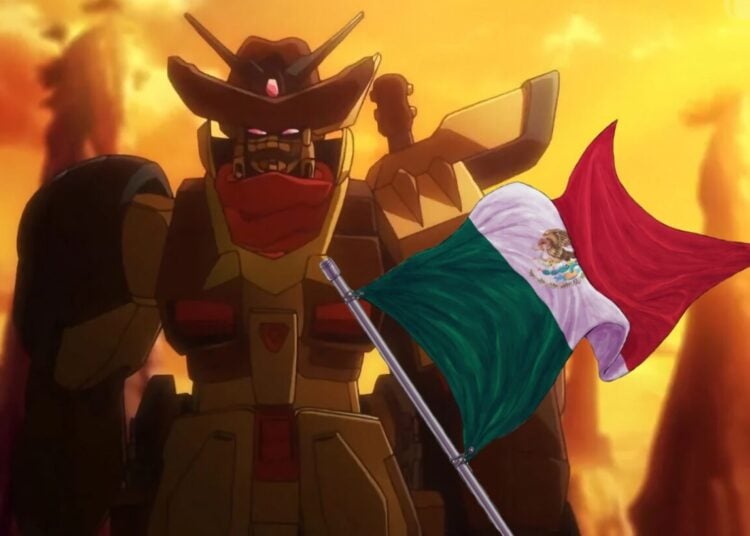My son has joined the millions of Japanese kids who attend a juku, the famous cram schools where students go in the evenings to take extra lessons. Actually, “cram school” isn’t a very good term, since it implies students do nothing but cram for tests, when in fact my son just takes extra lessons in math, social studies, and his worst subject, kokugo (Japanese language). There are tens of thousands of these after-hours-and-weekend schools throughout Japan, with different reasons for the existence of each. Some just help students keep up with their normal classwork, effectively giving them a place to do their homework with a teacher’s supervision, while others lay the groundwork for future academic achievement, eventually helping the student get into a high-ranking high school or university. My son mainly wanted to go to juku because his friends were going, but he also enjoys studying. One of the most famous juku systems in Japan is Kumon, which has quite a good track record for helping students raise their academic scores. Kumon has even successfully brought their study method outside Japan, with Kumon Learning Centers (there’s even one near my house in San Diego).
Mastering Japanese involves learning hiragaka, katakana, and kanji, but you also have to re-learn some English, since the Japanese sometimes change the language beyond recognition. If you ask your boss for a raise, but he says no, it’s “NG,” which stands for “no good.” A “blooper” on TV is also called an NG. The letter “W” stands for “double” to the Japanese, and there’s a TV commercial for a video camera starring Maria Sharapova in which she says “W-OK” (“double okay”), referring to the fact that you can take still pictures and video at the same time. If you want to check your weight, ask for a “health meter” — the English word “scale” is used in Japanese, but only meaning something’s size in relation to something else, not as a way to check your weight. We’re putting the finishing touches on an Obi Wan Kenobi costume for my son, and my wife emailed my mother in America asking how to fasten the “magic tape” (she meant velcro). If you want to tell someone to not worry about something, you can say “Donmai, donmai!” which comes from “Don’t mind.” Similarly, when someone is backing their car up, you can tell them it’s okay to come back further by saying “Orai!” which comes from “Alright.” Sometimes Americans are confused by strange English that’s really British in origin — for example, the Japanese call the hood of a car a “bonnet” just like the Brits.
Halloween is not too far away, and J-List would like you to think of us when looking for that perfect or wacky costume. In addition to adding some great new costume-themed products to the site today (see below), we’ve restocked popular items, such as the Hello Kitty kigurumi (full head) mask, the Jizou Buddha mask, the Shinto Shrine Maiden (aka Kikyo from Inuyasha) costume, our tattoo shirt that makes you look like a yakuza, our wacky “unchi” hat and more! Of course we recommend that you order them via EMS to make sure the items arrive in time. We also have excellent stock of Japanese candy if you want to splurge on something special for the neighborhood this year.
J-List works hard to bring you great original T-shirts with wacky designs on them. One of our favorite recent designs is our “Japanese words” shirt that presents fifteen educational Japanese words of cultural value. To compliment this shirt, we’ve made a new limited edition design which teaches you every “naughty” Japanese word you’ve ever wanted to know. The shirt is designed so that people who have no idea what the words mean won’t be offended, but those who do will laugh their butts off.















